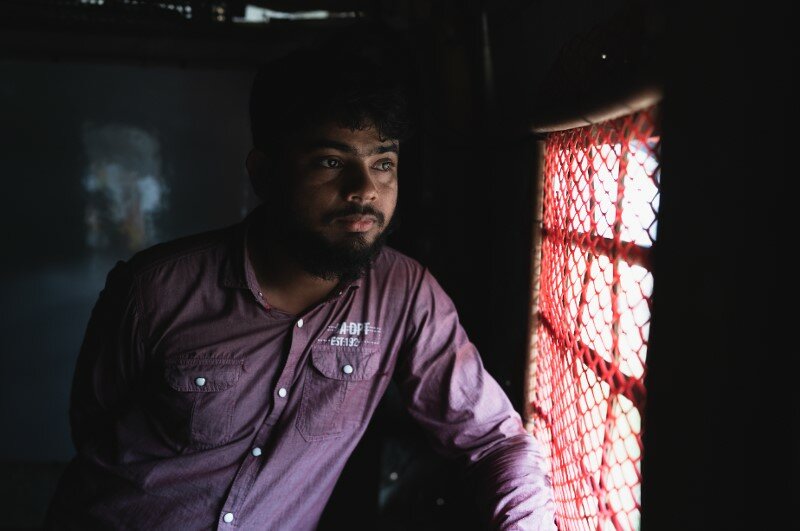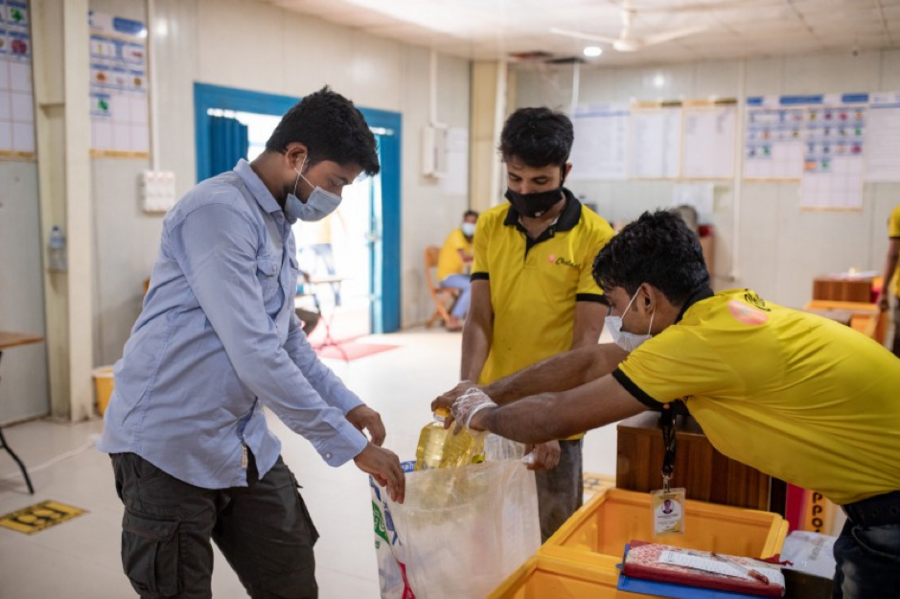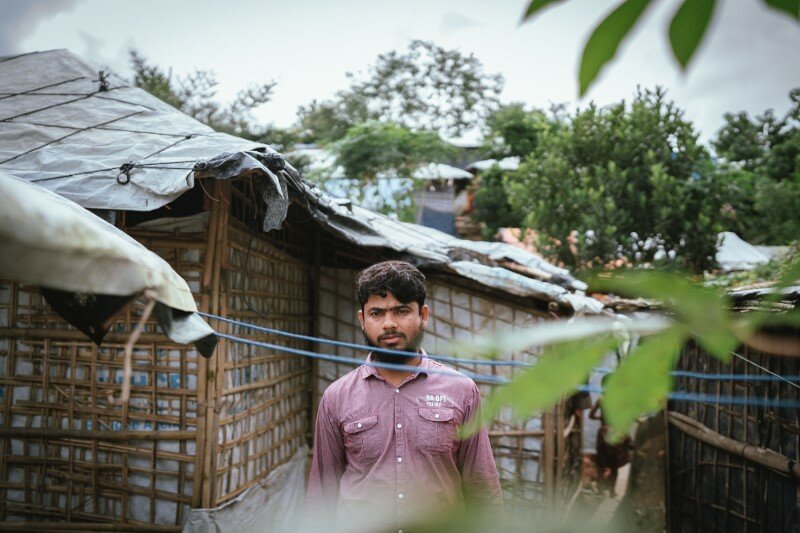Bangladesh: ‘I am Yakub, a Rohingya refugee. I am asking the world not to forget us’

Four years into the Rohingya displacement crisis, 96 percent of the refugees in the Cox’s Bazar area of Bangladesh depend entirely on humanitarian assistance. That's close to 900,000 people, 600,000 of whom live in Kutupalong, the largest refugee camp in the world, having fled violence in Myanmar.
We caught up with Yakub, a resident who is keen for the world not to forget the plight of the Rohingya. Currently, less than half of the US$943 million required for the overall Rohingya refugee response this year has been received. Rohingya communities, which this year alone have suffered unprecedented floods, a consequence of climate change, and devastating fires, need more support than ever.

I am Yakub and I am Rohingya. I am from Rakhine state, Myanmar. Four years ago, in August 2017, our village was attacked, my neighbours’ houses were burned, and then mine. We ran west because there was no other direction.
I had no choice but to leave the land where I was born. Heading to Bangladesh took all our energy. We crossed mountains, muddy lands, and swam across streams.

While fleeing, we were starving for many days. We ate banana leaves, drank water from canals. We didn’t have any money. The Government of Bangladesh welcomed us, the Bangladeshi people brought us cold water and food, and then NGOs started helping us. When we finally arrived in Kutupalong camp, we cut bamboo and built a shelter with tarpaulin... then we received food from the World Food Programme (WFP). Vehicles started to move and the camp got more organized. Only then did we feel some peace of mind.

I miss the places that made me feel at home in Myanmar. I miss sitting under the shade of the large tamarind trees, chatting with my friends. I miss the picnics in our garden. I miss our mosque, I miss the bamboo bridge that crossed the canal where we used to watch time go by.
Four years ago, we were getting rice, lentils and oil from WFP. Now we receive e-vouchers and we can buy fresh fruits, vegetables. Thanks to assistance from Bangladeshis and people from foreign countries, things have gotten better over the years. But life in Kutupalong camp isn’t easy. Our houses are small, the streets get muddy, too many people live here. Everywhere is crowded. [Just this year] we’ve had fires and floods.
We never thought we would be living in houses of tarpaulin. Some people are keeping small gardens, the camp is getting greener; I like the fresh air breezing from the trees in the evening. But here will never be like Myanmar. I miss home.

My best memory of my four years in the camps was learning to take pictures and videos with a phone. I had never known how to use a mobile phone before. In 2018-19 WFP organized a storytelling training for a group of us. I have enjoyed capturing interesting and charming scenes from daily life, and looking at them in my free time. I love being able to share the stories of our people, our community, and my own story with the world. I would like to be a renowned journalist one day, and tell the forgotten story of the Rohingya.
I want to thank the world for helping us in the past four years. We can eat well, but most educational activities are suspended. We need continued support for food and education, and to give us a chance to safely go back to Myanmar.
As we start our fifth year in Kutupalong refugee camp, with the same challenges and the same worries, I am asking you not to forget us.
WFP’s food assistance to Rohingya refugees is now delivered entirely through e-vouchers, which can be used by refugees to buy staple foods and fresh local fruits and vegetables from a network of retail outlets across the camps. The programme is funded by generous contributions from Australia, Canada, the EU, Japan, France, the United Arab Emirates, the United States Agency for International Development (Bureau for Humanitarian Assistance), Switzerland, the World Bank, as well as private donors.
